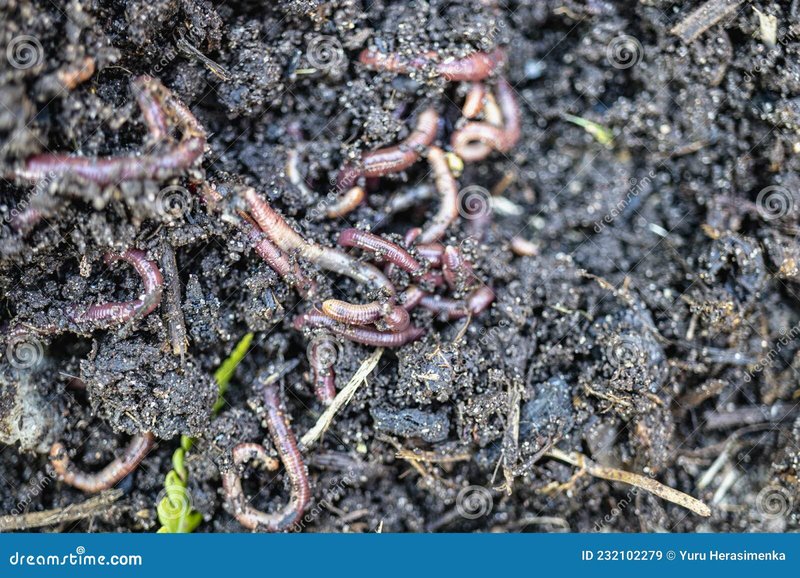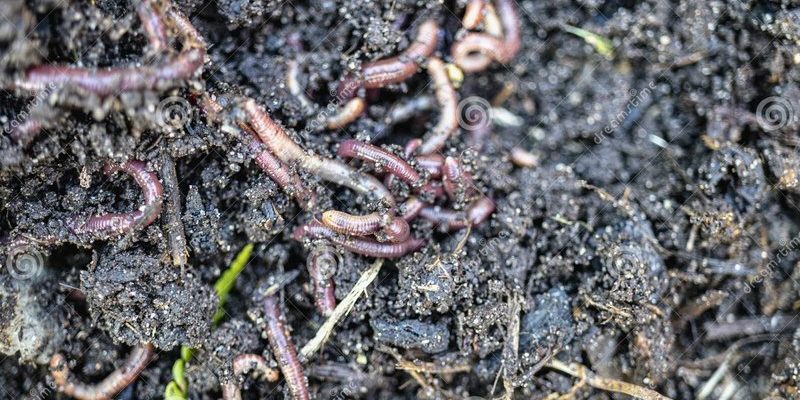
Imagine the soil as a giant sponge filled with nutrients. Earthworms, with their relentless tunneling and feeding habits, help to create pathways in this sponge, allowing air, water, and nutrients to flow freely. Not only do they contribute to the soil structure, but they also leave behind nutrient-rich castings, or worm poop—which, let me tell you, is like fertilizer on steroids. So, whether you’re an experienced gardener or a beginner, knowing how earthworms improve garden soil can give your plants a serious boost.
The Role of Earthworms in Soil Structure
Earthworms play a crucial role in enhancing soil structure. They create tiny tunnels as they move through the soil. These tunnels allow air and water to penetrate deeper into the ground. Imagine the soil as a thick cake batter. When earthworms move around, they mix it up, making it lighter and fluffier. This improved structure not only helps plants breathe better but also improves water drainage, preventing root rot.
Moreover, those little tunneling systems act like a highway for plant roots to explore. As the roots spread out, they’re more capable of accessing water and nutrients. Without earthworms, the soil can become compact, leading to poor plant growth. So, if you’ve noticed your plants struggling, it might be time to think about bringing some earthworms into your garden.
How Earthworms Create Nutrient-Rich Castings
One of the most fascinating aspects of earthworms is their ability to transform organic matter into nutrient-rich castings. As earthworms consume decomposing leaves, grass clippings, and kitchen scraps, they break these materials down in their bodies. The end result? Earthworm castings, which are full of essential nutrients like nitrogen, phosphorus, and potassium.
This natural fertilizer is often richer than traditional fertilizers. When you add it to your garden, you’re directly feeding your plants, enriching the soil, and promoting healthy growth. Think of it like a multi-vitamin for your plants. Plus, unlike chemical fertilizers, worm castings improve soil health without harming the beneficial microbes that live there.
The Benefits of Earthworm Activity
The benefits of having earthworms in your garden are vast. First of all, they enhance the overall *biodiversity* of the soil. With their activity, they help decompose organic material, releasing nutrients into the soil. This means that your plants can access more of the nutrients they need to thrive.
Additionally, earthworms help in the *removal of toxins*. As they eat through the organic matter, they break down harmful substances, making it easier for plants to grow and stay healthy. By improving soil pH levels, earthworms can also contribute to a more balanced growing environment.
Furthermore, the more earthworms you have, the healthier your soil becomes, creating a cycle of continual improvement. Earthworms really do set the foundation for a successful garden.
Different Types of Earthworms
Not all earthworms are created equal. In fact, there are several species, each with its own unique benefits. The most common types you’re likely to encounter include:
- Red Wigglers: Ideal for composting, these are often used in worm bins and are excellent at breaking down organic waste.
- Nightcrawlers: These larger earthworms thrive in the soil and are known for their deep burrowing, which helps aerate the soil.
- Dung Worms: Found in animal droppings, these worms help recycle nutrients in pasture lands.
By understanding which types are present in your garden, you can better appreciate how they contribute to soil fertility.
How to Encourage Earthworms in Your Garden
If you want to harness the power of these wonderful creatures, you might be wondering how to attract them to your garden. Thankfully, it’s simpler than you think! Here are some effective ways to encourage earthworms:
1. **Add Organic Matter:** Earthworms thrive on decomposing plant material, so regularly add compost or mulch. This gives them food and a cozy living environment.
2. **Avoid Chemicals:** Pesticides and chemical fertilizers can harm earthworm populations. Try using organic gardening methods to protect these valuable allies.
3. **Maintain Moisture:** Earthworms need moisture to survive, so keep your garden adequately watered, especially during dry spells.
4. **Create Shade:** Planting cover crops or keeping existing plants dense can provide shade and keep the soil moist, creating a perfect habitat for earthworms.
By making just a few changes, you can create a welcoming environment for earthworms, which will, in turn, boost your garden’s overall health and fertility.
Common Misconceptions about Earthworms
You might have heard some misconceptions about earthworms. One of the most common is that they only thrive in wet soils. While they do enjoy moisture, overly soggy soils can be harmful. Earthworms also need a balance of air and water, so don’t drown your garden in water.
Another misconception is that earthworms are only beneficial for specific types of plants. In reality, they help almost all plants by improving soil quality and nutrient access. It’s like having a personal gardener working underground, making sure everything is just right.
In summary, earthworms are tiny but mighty creatures that play an essential role in improving garden soil fertility. They aerate the soil, break down organic matter, and create nutrient-rich castings that benefit all types of plants. By encouraging these little helpers in your garden, you’re creating an environment where your plants can truly thrive.
Next time you head out to the garden, take a moment to appreciate the earth beneath your feet. That bustling world of earthworms is working hard to support your gardening efforts. So, grab a handful of compost and get to work—your plants will thank you for it!

